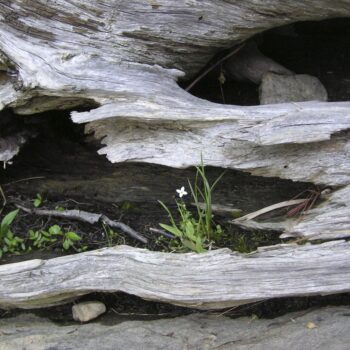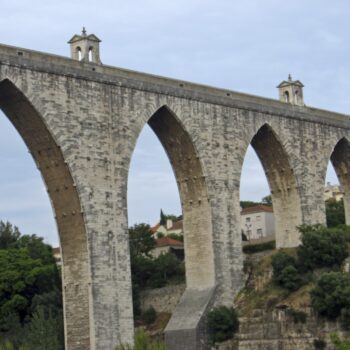
July 2024 Health Care Forum
Peter
Lately I have been thinking about what I label “sacred practice.” This includes music. It includes art. It includes dance. And it includes sex. It’s like we have a drive in our brain that tells us to eat and to drink. I’m hungry. It’s time to east. And you can shovel in something that will satisfy that very basic animal need. But then there are higher level needs that involve cooking something good. I think it is the same thing with pornography. Pornography can very radically satisfy this very basic animal urge. And you get it over with no demand and no effort., no thought nor anything. But it draws you away from the ability to interact with another person in an important way. I think that is the real problem with fast food and pornography (which is a weird form of fast sex). And they both become non-interesting after a while. You have to keep intensifying them. If it is the same thing over and over again, how satisfying can it be? That is the problem of this loss of personal engagement. Some of you guys play your own music. That’s better for sacred practice. Passive activities are found in our listening and watching what other people have done. Or watching sporting events rather than playing them. Or watching sex rather than doing it. What they do is give us the big flood of dopamine but then in the long run it makes us hungry for something more real.
Bill
I want to go back to the notion about play and playing by our own rules. One of the psychologists I most admire is Robert White. White posed the question: why do we play? There is the notion of “autotelic” –which suggests that play is important in and of itself. White goes beyond this notion of autotelic. He writes about the sense of competence that comes with play. Peter, I was thinking about what you had to say regarding prediction. Is there a prediction of competence. What does it mean to predict that we succeed in doing something. This relates to the work of Csikszentmihalyi who talks about the “Flow” experience and how critical this Flow experience is to human motivation. This links to what you are saying Peter. The flow experience occurs when we are faced with a real challenge, but we have the sense that we can meet this challenge. So, whether it is on a rick face of a mountain, or dancing, or psychotherapy, or being a participant in a really good session as a physician, there is the prediction of competence, which certainly has a hit in many ways. What is the body’s response to the assumption not of freeze but of engagement in a competent way –I assume that this has a lot to do with one’s healthy body.
Peter
Yes. And that comes from doing stuff. You gain confidence from competence. And that happens with practice.
Jeremy
The concept of Flow is an allostatic state – it is not homeostasis. Flow requires energy and it requires challenge. It requires moving out of our comfort zone. I think of our comfort zone as the pursuit of homeostasis. And the pursuit of homeostasis leads to a whole lot of problems for us. The avoidance of discomfort.
Bill
Csikszentmihalyi would say that is the state of Boredom.
Jeremy
Yes, I think there is a state of toxic boredom that leads to dysfunctional adaptation.
- Posted by Bill Bergquist
- On July 22, 2024
- 0 Comment



Leave Reply